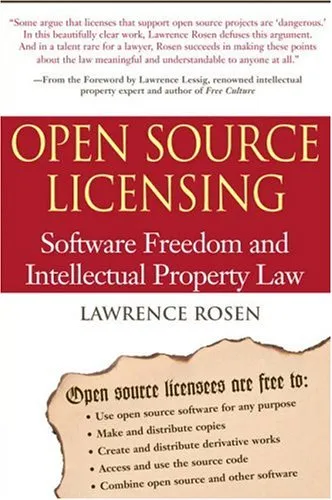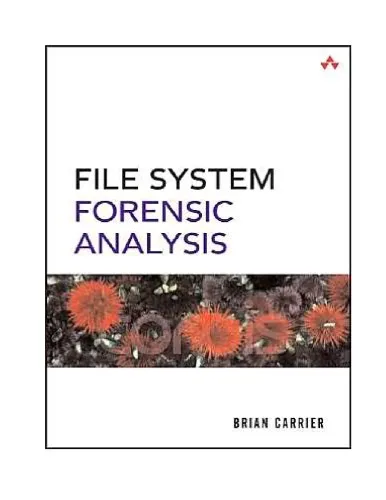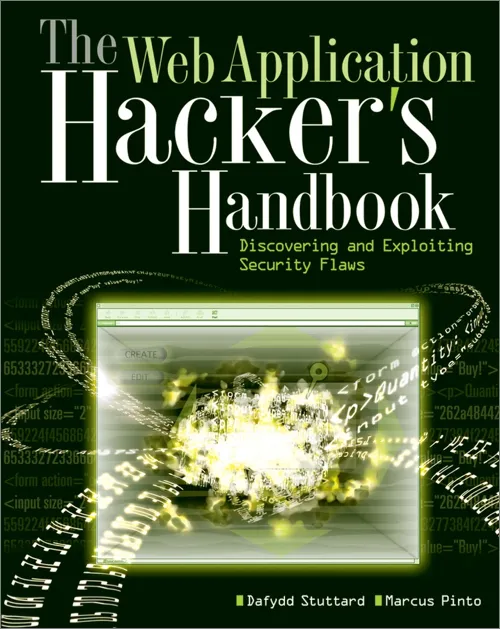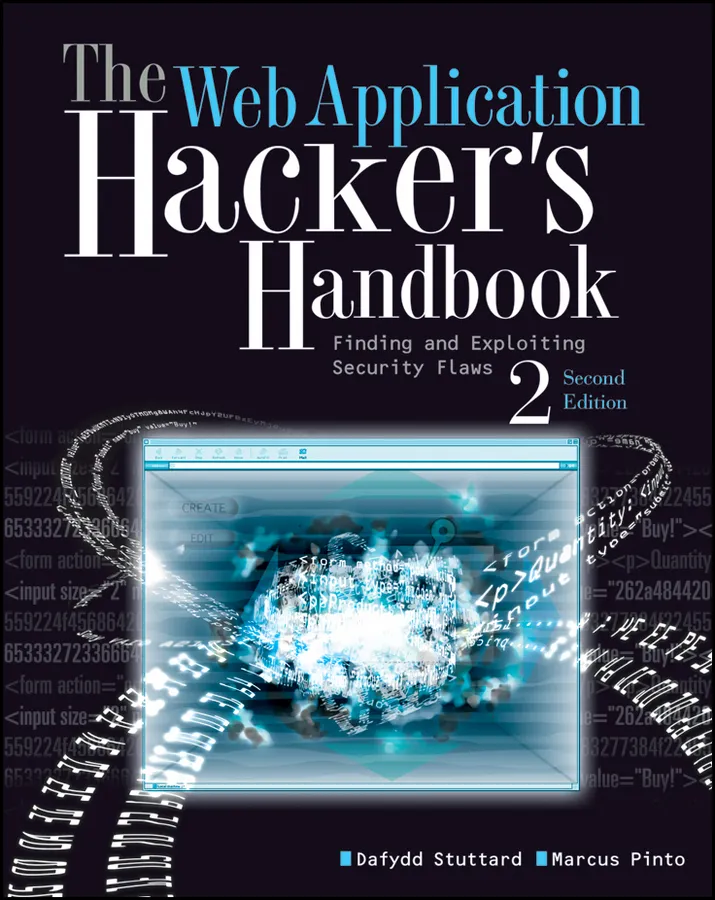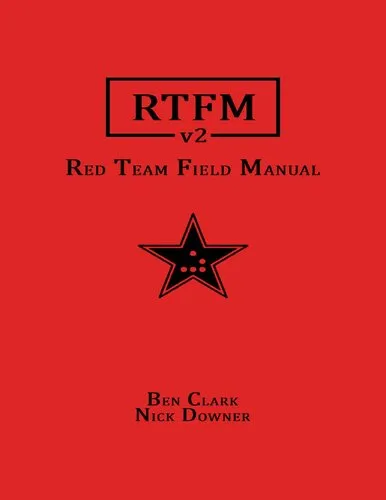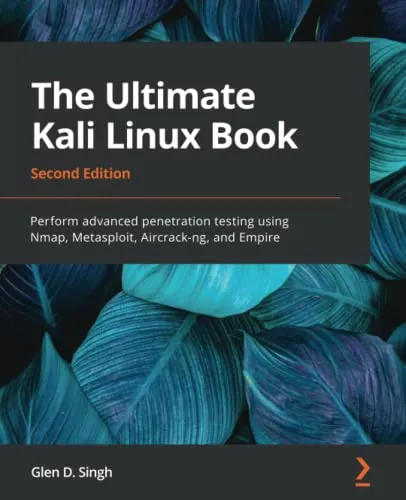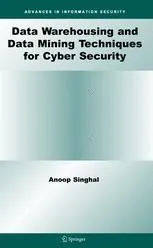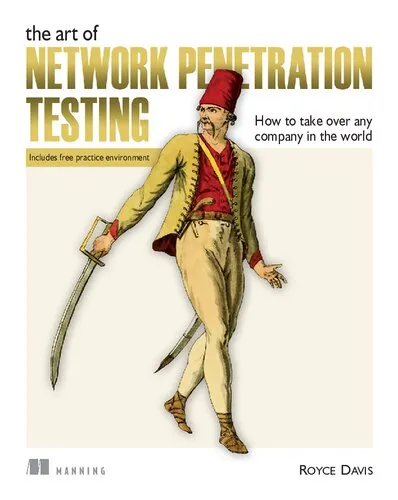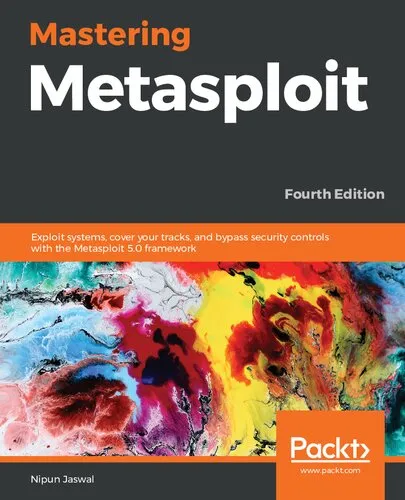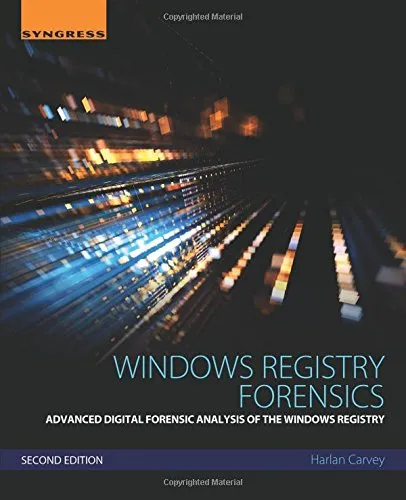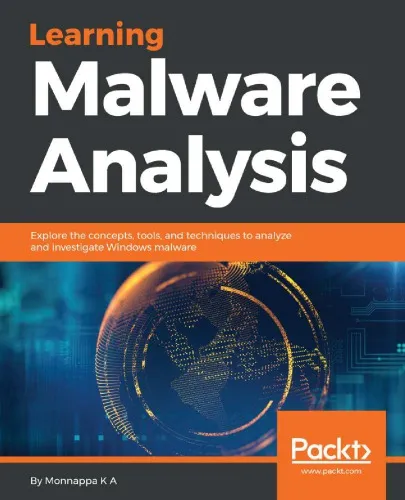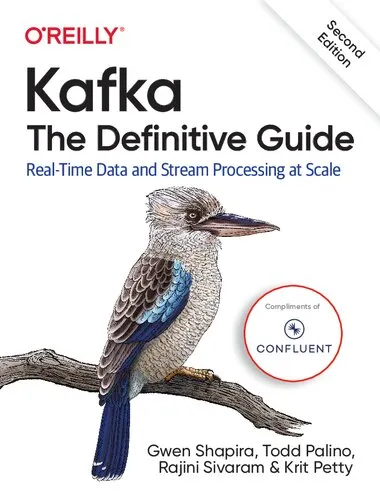Open Source Licensing : Software Freedom and Intellectual Property Law
4.5
بر اساس نظر کاربران

شما میتونید سوالاتتون در باره کتاب رو از هوش مصنوعیش بعد از ورود بپرسید
هر دانلود یا پرسش از هوش مصنوعی 2 امتیاز لازم دارد، برای بدست آوردن امتیاز رایگان، به صفحه ی راهنمای امتیازات سر بزنید و یک سری کار ارزشمند انجام بدینکتاب های مرتبط:
معرفی کتاب "Open Source Licensing: Software Freedom and Intellectual Property Law"
کتاب "Open Source Licensing: Software Freedom and Intellectual Property Law" نوشته لارنس روزن، یکی از برجستهترین منابع در زمینه مجوزهای Open Source و حقوق مالکیت فکری است. این کتاب به طور خاص برای توسعهدهندگان نرمافزار، وکلا، مدیران شرکتهای فناوری و هر کسی که در اکوسیستم فناوری و نرمافزار آزاد فعالیت میکند، نگارش شده است. این اثر یک چشمانداز جامع و دقیق از مفاهیم کلیدی مانند حقوق مالکیت معنوی، چارچوبهای قانونی و نقش مجوزهای Open Source ارائه میدهد.
خلاصه جامع کتاب
کتاب در ابتدا به توضیح مفهوم "آزادی نرمافزار" و اهمیت آن در دنیای مدرن فناوری اطلاعات میپردازد. نویسنده، چارچوبهای اساسی مالکیت فکری، حق اختراع، حق تکثیر (Copyright) و علائم تجاری (Trademarks) را شرح میدهد و این مفاهیم را با دنیای نرمافزار Open Source مرتبط میکند. همچنین، کتاب به بررسی مجوزهای مشهور Open Source نظیر GPL، LGPL، BSD، و MIT میپردازد. هر یک از این مجوزها با بررسی عمیق مفاد قانونی آنها و تأثیراتی که بر برنامهنویسان، کاربران و شرکتها دارند، تحلیل شدهاند.
در ادامه، این کتاب به مسائلی نظیر چالشهای قانونی در استفاده از نرمافزارهای متنباز، نحوه ایجاد یک پروژه Open Source قابلاستفاده برای عموم، و مدیریت ترکیب مجوزهای مختلف در یک پروژه نرمافزاری پرداخته است. علاوه بر این، اهمیت جامعه کاربران و توسعهدهندگان در موفقیت نرمافزارهای Open Source به طور کامل تبیین شده است. این کتاب نه تنها جنبههای فنی بلکه ابعاد حقوقی و تجاری نرمافزار آزاد را نیز به دقت مورد بررسی قرار میدهد.
نکات کلیدی
- تفاوت بین انواع مجوزهای متنباز و تأثیرهای آنها بر استفاده و توزیع نرمافزار.
- نقش مالکیت معنوی در توسعه نرمافزارهای متنباز و چگونگی محافظت از حقوق نویسندگان و کاربران.
- چالشها و فرصتهای تجاری در بهرهبرداری از پروژههای Open Source.
- نقش جامعه کاربری هر پروژه در موفقیت آن و روشهای جذب و نگهداری توسعهدهندگان.
- اهمیت رعایت قوانین مجوزها برای جلوگیری از مشکلات حقوقی و تجاری.
جملات مشهور از کتاب
"Freedom in software is not just about sharing code, but about respecting the intellectual property and rights of developers and users alike."
"Licensing is the legal foundation of the Open Source movement; it defines both its strength and its limitations."
"A robust Open Source ecosystem relies not just on collaboration, but also on the clarity and enforceability of its legal terms."
چرا این کتاب مهم است؟
کتاب "Open Source Licensing: Software Freedom and Intellectual Property Law" نقشی حیاتی در آموزش و آگاهیبخشی به افرادی دارد که در اکوسیستم نرمافزار آزاد فعالیت میکنند. با رشد فناوری و اهمیت روزافزون Open Source در جهان، درک قوانین و اصول پشت این فناوری اهمیت بسیاری پیدا کرده است. این کتاب نه تنها برای وکلا و متخصصین حقوقی، بلکه برای توسعهدهندگان نرمافزار، مدیران پروژه و حتی شرکتهای نوپا (Startups) نیز ضروری است. با مطالعه این اثر، خوانندگان میتوانند به درکی جامع از نحوه اعمال، تفسیر و مدیریت مجوزهای Open Source دست پیدا کنند و از موانع قانونی پیش رو اجتناب کنند.
علاوه بر جنبههای فنی و حقوقی، این کتاب به مسئله اخلاق و ارزشهای انسانی موجود در نرمافزارهای آزاد نیز پرداخته است و این موضوع را مطرح میکند که چگونه میتوان با رعایت حقوق یکدیگر، به خلق یک اکوسیستم پایدار و قابل اعتماد کمک کرد.
برای هر کسی که هدفش درک بهتر از پتانسیل، چالشها و ابزارهای قانونی در حوزه نرمافزار آزاد است، این کتاب یک منبع تعلیم فوقالعاده محسوب میشود.
Introduction to "Open Source Licensing: Software Freedom and Intellectual Property Law"
"Open Source Licensing: Software Freedom and Intellectual Property Law" is a cornerstone resource for understanding the legal, ethical, and practical dimensions of open source software. Written with the clarity and authority of a legal practitioner deeply embedded in the open source movement, this book explores the intersection of software freedom and intellectual property law, providing insights for developers, companies, and legal professionals alike.
The open source movement has transformed how software is developed, shared, and distributed. However, it operates within a complex framework of intellectual property laws that many find bewildering. This book aims to demystify that complexity by offering a clear and thorough examination of open source licensing, its practical applications, and the fundamental principles of software freedom.
Whether you're a software developer seeking to understand the licenses tied to your contributions, a business professional evaluating the risks and opportunities of adopting open source, or a lawyer navigating the complex terrain of intellectual property law, this book is an essential read. It bridges the gap between legal theory and software development, empowering readers to make informed decisions in a rapidly evolving field.
Detailed Summary of the Book
The book begins with an overview of the principles underlying open source software, explaining how it differs fundamentally from proprietary software. It then delves into the legal infrastructure that supports it, breaking down the intricate details of copyright, trademarks, and patents. The author discusses the philosophical underpinnings of software freedom, emphasizing how open source licenses foster innovation, collaboration, and community-driven software projects.
The core of the book explores prominent open source licenses, including the GNU General Public License (GPL), the Apache License, the MIT License, and others. Each license is meticulously analyzed to explain how it works in practical scenarios: what rights and restrictions it grants, how it ensures compliance, and the legal implications of violations.
It also addresses common myths and misconceptions about open source, such as whether open source software is inherently insecure or if its use is legally risky for businesses. Lastly, the book presents real-world case studies and examples to highlight how open source licensing has influenced the technology industry, from small startups to large corporations.
Key Takeaways
- Open source licensing is a legal framework that ensures freedom in software usage and distribution while respecting intellectual property rights.
- Understanding the nuances of major open source licenses is essential for both developers and businesses to ensure compliance and avoid legal disputes.
- The book dispels common misconceptions about open source software, such as claims that it undermines commercial software models.
- Real-world examples highlight the transformative impact of open source on innovation and the technology ecosystem.
- Navigating the balance between software freedom and intellectual property protection is critical for fostering collaboration and technological advancement.
Famous Quotes from the Book
"Licenses are not merely legal documents. They are the contracts that embody our moral rights and obligations to each other within the open source community."
"Freedom in software is not just a philosophical ideal; it is a practical approach to sharing and innovation that has stood the test of time."
"Properly understood, open source is a powerful tool for creating software ecosystems where everyone benefits—developers, businesses, and society as a whole."
Why This Book Matters
In the rapidly advancing field of software development, open source has emerged as a driving force for innovation, collaboration, and creativity. Yet, it also opens the door to unique legal and ethical challenges. "Open Source Licensing: Software Freedom and Intellectual Property Law" matters because it equips readers with the knowledge to navigate these challenges confidently and effectively.
This book is more than an academic overview—it serves as a practical guide for anyone involved in creating, using, or distributing software. It promotes a deeper understanding of how open source fosters technological progress and bridges the gap between developers and legal professionals. By empowering readers to make informed decisions, this book ensures that open source continues to thrive as a model for the future of software development.
Its relevance grows daily as businesses increasingly adopt open source solutions, making comprehension of licensing frameworks essential to avoiding costly legal missteps and fostering long-term success.
دانلود رایگان مستقیم
شما میتونید سوالاتتون در باره کتاب رو از هوش مصنوعیش بعد از ورود بپرسید
دسترسی به کتابها از طریق پلتفرمهای قانونی و کتابخانههای عمومی نه تنها از حقوق نویسندگان و ناشران حمایت میکند، بلکه به پایداری فرهنگ کتابخوانی نیز کمک میرساند. پیش از دانلود، لحظهای به بررسی این گزینهها فکر کنید.
این کتاب رو در پلتفرم های دیگه ببینید
WorldCat به شما کمک میکنه تا کتاب ها رو در کتابخانه های سراسر دنیا پیدا کنید
امتیازها، نظرات تخصصی و صحبت ها درباره کتاب را در Goodreads ببینید
کتابهای کمیاب یا دست دوم را در AbeBooks پیدا کنید و بخرید
1382
بازدید4.5
امتیاز0
نظر98%
رضایتنظرات:
4.5
بر اساس 0 نظر کاربران
Questions & Answers
Ask questions about this book or help others by answering
No questions yet. Be the first to ask!
